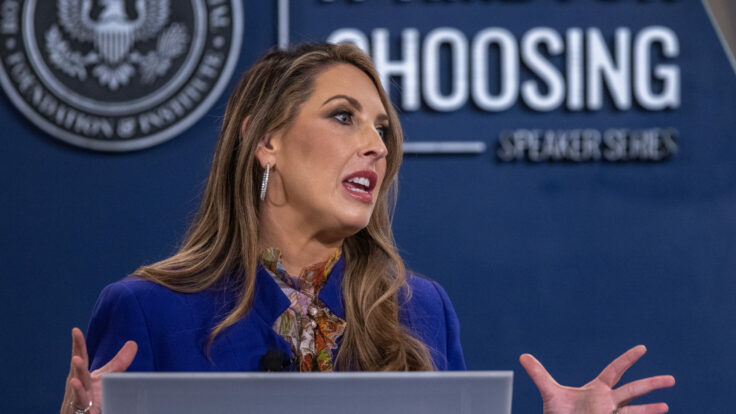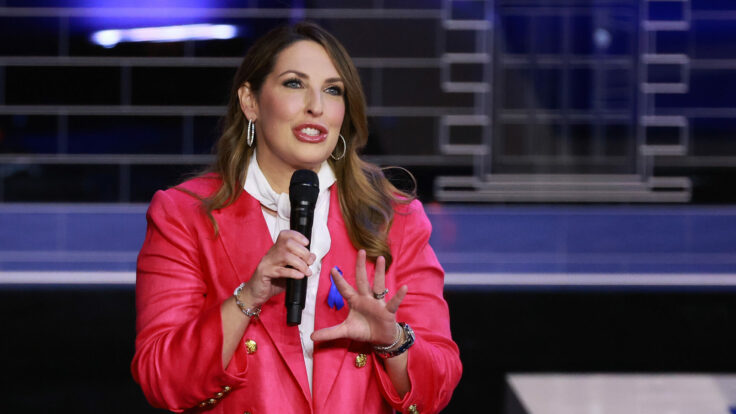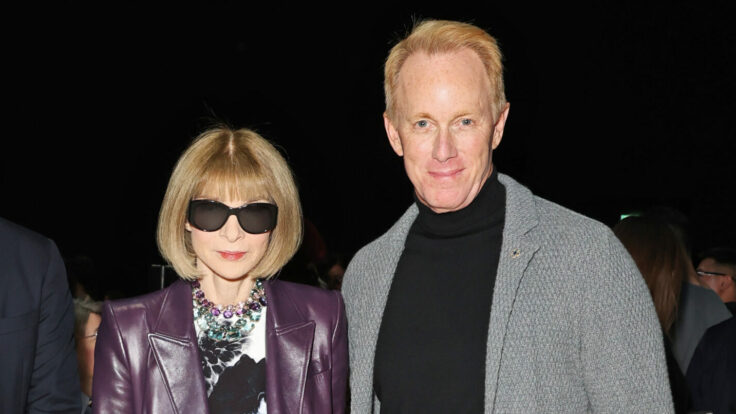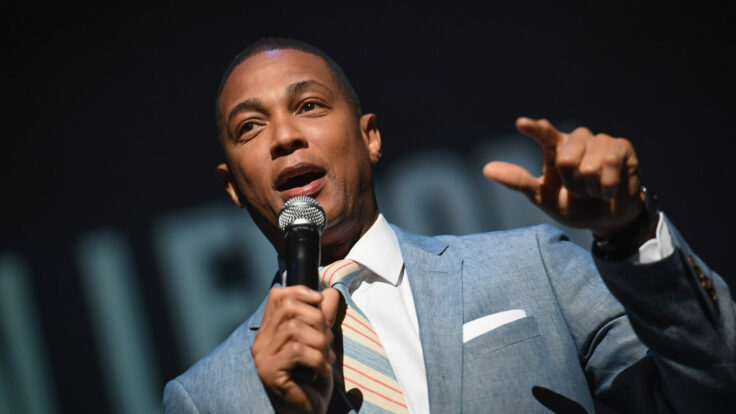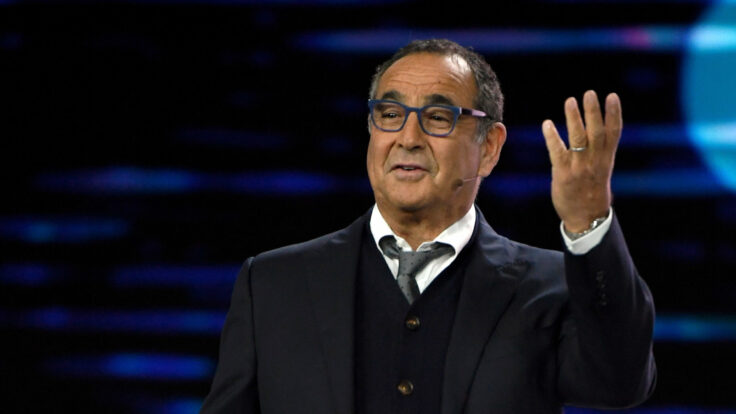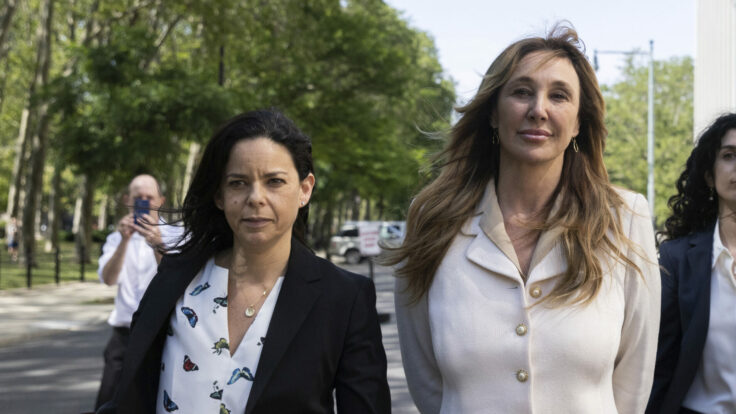|
Good evening.
Good evening, and welcome to a special Sunday night edition of In The Room. Tonight, we turn our attention away from the fear and anger inside CNN following Jeff Zucker’s ouster and look to the future—and who David Zaslav might enlist to take over the helm of his newly rudderless global news network.
Can anyone replace Jeff Zucker? A crop of names—some familiar, some stunning—are now emerging. One year ago, when Jeff Zucker announced his plans to leave CNN by the end of 2021—due, in part, to frustrations with WarnerMedia chief Jason Kilar, the man who would eventually force him out of his job last week—I started surveying industry sources for ideas on who might replace him.
The ideal candidate, most said, would need to check a lot of boxes: strong leadership experience in the TV news business; an appetite and aptitude for the industry’s digital future; the backbone to stand up to political leaders and make tough editorial calls in moments of crisis; the business savvy to land big-name talent and negotiate complex, global deals; and the charisma and leadership to inspire the loyalty of CNN’s most valued hosts and correspondents. After all, Zucker had checked most, if not all, of these boxes—and most notably the last one, as evidenced by the collective, ongoing mourning over his sudden ouster. On Friday night, CNN sources tell me, Jake Tapper hosted a shiva-like get together at his home in Washington for bereaved colleagues.
A year ago, the list of plausible Zucker replacements was short, and not altogether satisfactory—veteran broadcast news chiefs, star executive producers, and one or two CNN insiders. Some were far more qualified than others, none of them could be described as ideal. “Most people don’t get visibility into how difficult these jobs are,” one veteran broadcast and cable news insider told me at the time. “There are no obvious candidates waiting in the wings.”
Then, I learned what Zucker thought. Almost exactly one year ago, in mid-February 2021, sources with knowledge of the CNN chief’s thinking told me that his top pick for successor was none other than Allison Gollust: his chief communications adviser, consigliere and, as has now been confirmed, romantic companion. I did a double take, and then another one, and then I began to understand the logic: As Zucker’s most-trusted lieutenant, Gollust had been in every meeting with him and had a front-row seat to every major decision he made. After Zucker, no one had better first-hand knowledge of what it took to run the network than she did—at least according to Zucker’s view, these people said. And as CNN sources told me this week, it was a role that she was in some ways already playing. Her business card said E.V.P. and C.M.O.; her true role was something closer to that of co-president.
Knowing what we now know about their relationship, Zucker’s preference for Gollust in CNN’s top job appears ethically dubious—the sort of thing CNN journalists might condemn if it were happening at another company, or if they didn’t feel such a strong sense of loyalty to their former leader. Whatever the case, it hardly matters anymore. Several high-level sources at CNN and in Gollust’s orbit tell me she is likely to leave the company in a matter of weeks, after negotiating what I imagine will be a hefty exit package.
And so, in terms of leadership, CNN is back at square one. Interim leaders Ken Jautz, Michael Bass, and Amy Entelis will steer the network through the close of the WarnerMedia-Discovery merger this spring, then it will fall to David Zaslav to pick a permanent chief.
Zaslav will have his own ideas about who should run CNN, and John Malone, the powerful Discovery shareholder who has been highly critical of CNN’s anti-Republican posturing, is likely to have his ear. I’m not yet privy to what either man wants out of the network’s next leader. But already high-level CNN and television news industry insiders are speculating about who might be under consideration.
No one from the interim leadership team is expected to become CNN’s next president. All three are respected and steady hands in their respective fields—Jautz in business, Bass in editorial, and Entelis in talent management and content development—but none are believed to have what it takes to steer the entire ship. Andrew Morse, the chief digital officer and head of CNN+, is likely to come under consideration, especially as streaming becomes a more and more integral part of the CNN and Warner Bros. Discovery business. He has also had something of a front row seat to Zucker’s leadership and is familiar with the inner workings of CNN.
But whether Morse can convince Zaslav that he has the other skills for the job—the leadership strength, the financial experience, the love and loyalty of his staff—remains to be seen. In CNN’s Washington bureau, Virginia Moseley is said to have the editorial chops, but neither the business savvy nor the loyalty of the staff.
Outside of the network, a familiar crop of veteran television leaders have emerged as contenders, at least in the feverish game of telephone that has consumed the past five days. The most notable among these is Ben Sherwood, whose C.V. at Disney/ABC is not dissimilar from Zucker’s own at NBCUniversal, minus the ability to clutch the ultimate brass ring. Sherwood became executive producer of ABC’s Good Morning America in 2004, president of ABC News in 2010 and president of the Disney-ABC Television Group in 2015. Like Zucker, he is ultra-competitive, lives and breathes television news, and has mastered the dark arts of television’s booking and ratings wars. It was during Sherwood’s tenure as ABC News chief that Good Morning America finally took over NBC’s Today as the number-one morning show.
Sherwood has also had a top-down view of the television business from his perch at Disney. And he has some digital experience, albeit not in television. Sherwood recently founded Mojo, a youth sports app that has struck up partnerships with a number of the nation’s biggest sports leagues. Despite its success, it’s hard to imagine a news devotee like Sherwood wouldn’t jump at the opportunity to get back into the television business.
Beyond Sherwood, a few other TV veterans get honorable mention: David Rhodes, the former president of CBS News who now serves as the head of Rupert Murdoch‘s News UK TV. He was well-liked at CBS News, but never succeeded in moving his network’s morning or evening newscasts out of third place. Chris Licht, the star executive producer of Morning Joe, then CBS This Morning, and finally The Late Show with Stephen Colbert, which he resurrected from potential disaster territory, is a darling in the industry, but has never led a newsroom, let alone a global company the size of CNN.
Then there is the wild card I mentioned last week: Jay Sures, the Hollywood power agent who, as co-president of the United Talent Agency, represents many of CNN’s most notable talents, including Tapper, Don Lemon, and Anderson Cooper. The first time I heard Sures mentioned, I did a double take—just as I had the first time someone posited that Zucker hoped that Gollust might one day take the reins. He has absolutely no experience running a news network or even producing a news broadcast. To be clear: the guy is an agent, not a journalist or a media executive. (Also to be clear, Zucker wasn’t really a journalist either, but he convincingly wore the costume from time to time. But he was a hell of a media executive, who could have been an agent in another life, to be sure.)
But when it comes to having the love and loyalty of CNN insiders, Sures is unrivaled. Moreover, as I’ve been surveying CNN executives and on-air talent over the last 96 hours, more and more of them seem to be piqued by the idea of a Sures-led CNN. Like Zucker, he’s competitive and plays to win. Aided by the right deputies to oversee day-to-day operations—Jautz, Bass, Entelis, Morse—he might just be a plausible candidate. And historically-minded students of the entertainment business will point out that this was precisely the game that paid off when Michael Ovitz landed at Disney. Finally, there is the highly unlikely but not impossible scenario I mentioned last week, and the one that insiders appear to want the most: that Zaslav brings back Zucker (and presumably Gollust) to run the show after the deal closes and Kilar is off on some beach somewhere. It’s the longest of long shots—and would be the last sort of emotionally-driven management decision that a seasoned pro like Zaslav would want to signal to Wall Street in the early days of his tenure—but it tells you, as if any further evidence were needed, of just how much love CNN insiders have for Zucker. And just how much they fear that their jobs, salaries, and realities will look different in a rapidly transforming industry.
As Tapper’s shiva-like party demonstrated, feelings inside CNN are raw and fearful. And conversation in the industry is as jittery as you might expect. Despite what insiders project or suspect, the succession decision lies with Zaslav to square once the deal closes. And as my partner Bill Cohan noted earlier this afternoon, Zaz is likely to be sensitive to the moods of the CNN newsroom, but he’s got bigger fish to fry—nominally, finding a way to nudge up a stock price that has been oddly dormant since the Discovery and WarnerMedia merger was first announced.
Will that mean hiring an insider, like Morse, a proven entity, like Sherwood, or a curveball, like Sures? Or will it motivate him to split up the position between a business executive and someone with journalistic street cred? Most of the folks I talk to believe such a split is a death-wish in cable news, and believe you need one commander-in-chief to set the tone and call the shots.
At the end of the day Zaslav is certainly going to do whatever is best for the business. He has less than six months to figure out who that is.
FOUR STORIES WE’RE TALKING ABOUT
CAA, ICM, and the inside conversation about whether the D.O.J. will crack down on the Lourd- Silbermann merger.
MATTHEW BELLONI
It’s a strong possibility that Sarah Palin’s embarrassment makes First Amendment history, but not for the reasons you think.
ERIQ GARDNER
Zuckerberg is diverting billions of dollars into the metaverse, even as Facebook’s core business begins to sour. Is it too late to turn back?
ALEX KANTROWITZ
How the most prestigious bank on Wall Street became smaller than its peers. And the M&A deals that could put it back on top.
WILLIAM D. COHAN
You received this message because you signed up to receive emails from Puck.
Was this email forwarded to you?
Sent to
Interested in exploring our newsletter offerings?
Puck is published by Heat Media LLC.
For support, just reply to this e-mail. For brand partnerships, email ads@puck.news |












